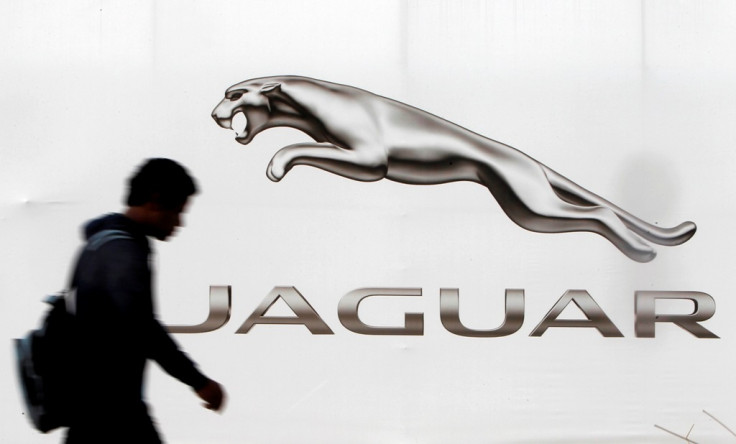Jaguar Land Rover to create 'hundreds' of jobs with £450m investment in Midlands factory

Jaguar Land Rover (JLR) will double the size of its engine factory in the Midlands, reinforcing its position as one of the biggest investors in UK manufacturing. The investment of £450m (€641.1m, $681.1m) will flow into JLR's Wolverhampton plant that makes ultra-low emission, four-cylinder diesel engines for models such as the Jaguar XE.
The total investment on this site that opened in October 2014 stands close to £1bn. JLR said that this move will help create "hundreds" of jobs apart from the 1,400 workers scheduled to be hired there by next year-end.
Ralf Speth, JLR's CEO said: "We are absolutely committed to the UK. You have highly motivated and very creative people ... in our case offering British design [and] engineering gives us an advantage on a global basis."
Considering the company's overseas manufacturing plans such as the plant it opened in China, a site in Brazil where it started construction and its pledge to open one plant in Slovakia, this announcement would go some distance in reassuring its workforce and unions about its commitment to Britain.
According to experts, JLR's move is in line with its target to double the deliveries of its cars to one million by the end of the decade in an effort to catch up with its German peers such as BMW, Audi and Mercedes-Benz.
Professor of Industry at Aston Business School, David Bailey said: "The fact they're scaling up so quickly reflects the scale of their ambitions over the next decade. This [expansion] is a clear indication that they have increased production output."
JLR was acquired by India's Tata Motors from Ford in 2008. Since then, it has been one of Europe's fastest-growing carmakers. Both its sales and employment have doubled in the last five years. Its other plants in the country include manufacturing units in Castle Bromwich and Solihull in the West Midlands and Halewood in Liverpool.
The Society of Motor Manufacturers and Traders estimated that by 2020 Britain's annual car output could touch its early 1970s peak of two million. It also said that the industry had benefited from investments of about £2.5bn this year.
© Copyright IBTimes 2024. All rights reserved.





